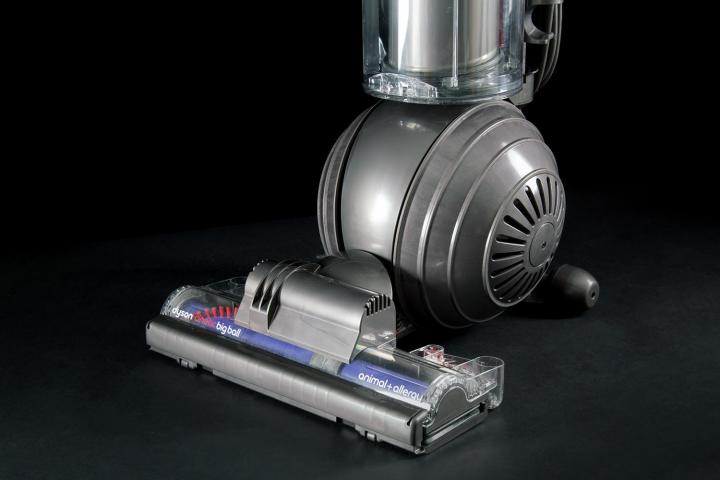
It is another validation that solid-state battery tech is the future. Sakti3 is researching how to implement this solid-state tech inside appliances.

Solid-state batteries remove the liquid electrolytes, which eliminates the possibility of a chemical reaction or overheating. It also reduces the size of batteries by 20 to 30 percent, while providing the same amount of energy. The batteries are scalable from a wearable to an electric car, offering advantages for all types of battery powered products. The company is still about three years from putting the batteries in Dyson vacuums, according to Fortune.
Dyson had already invested $15 million in Sakti3 and the startup counted General Motors as another major investor. The startup was named one of the 50 Smartest Companies 2015 in MIT Technology Review.
In a time where battery companies are going under seemingly every week or having their talent poached by Apple, Sakti3 managed to last seven years through strong funding.
Sakti3 chief executive Ann Marie Sastry met with President Obama to discuss the solid-state batteries at the White House Demo Day earlier this year. Since then, we haven’t heard much from the startup, and we don’t know when the two companies first discussed a deal.
Figuring out how to implement solid-state batteries in everyday appliances could bring a huge surge in battery sales. Dyson might have scooped up the front runner in the race; now all it needs to do is find out a way to make it usable in its vacuums.


